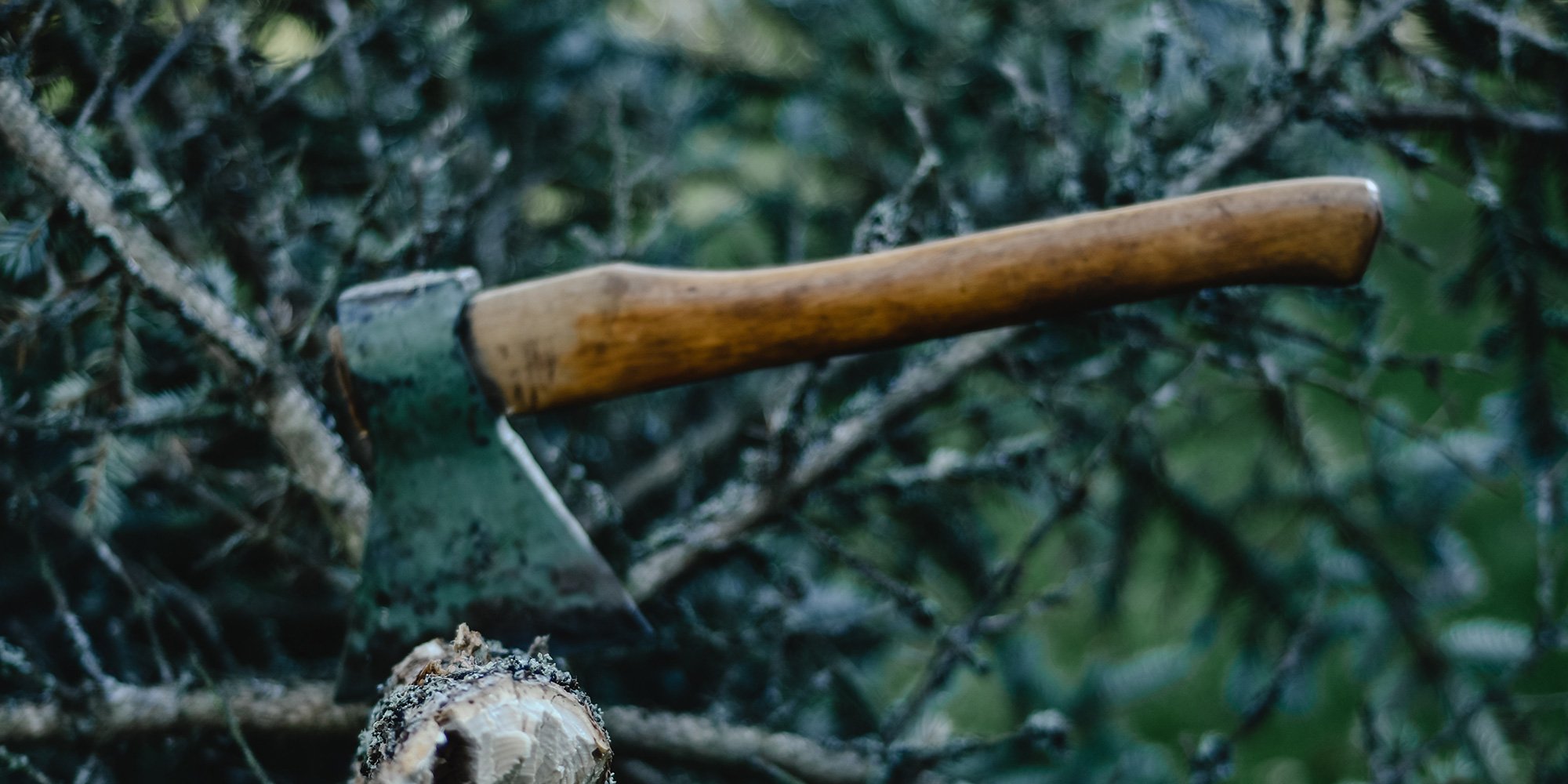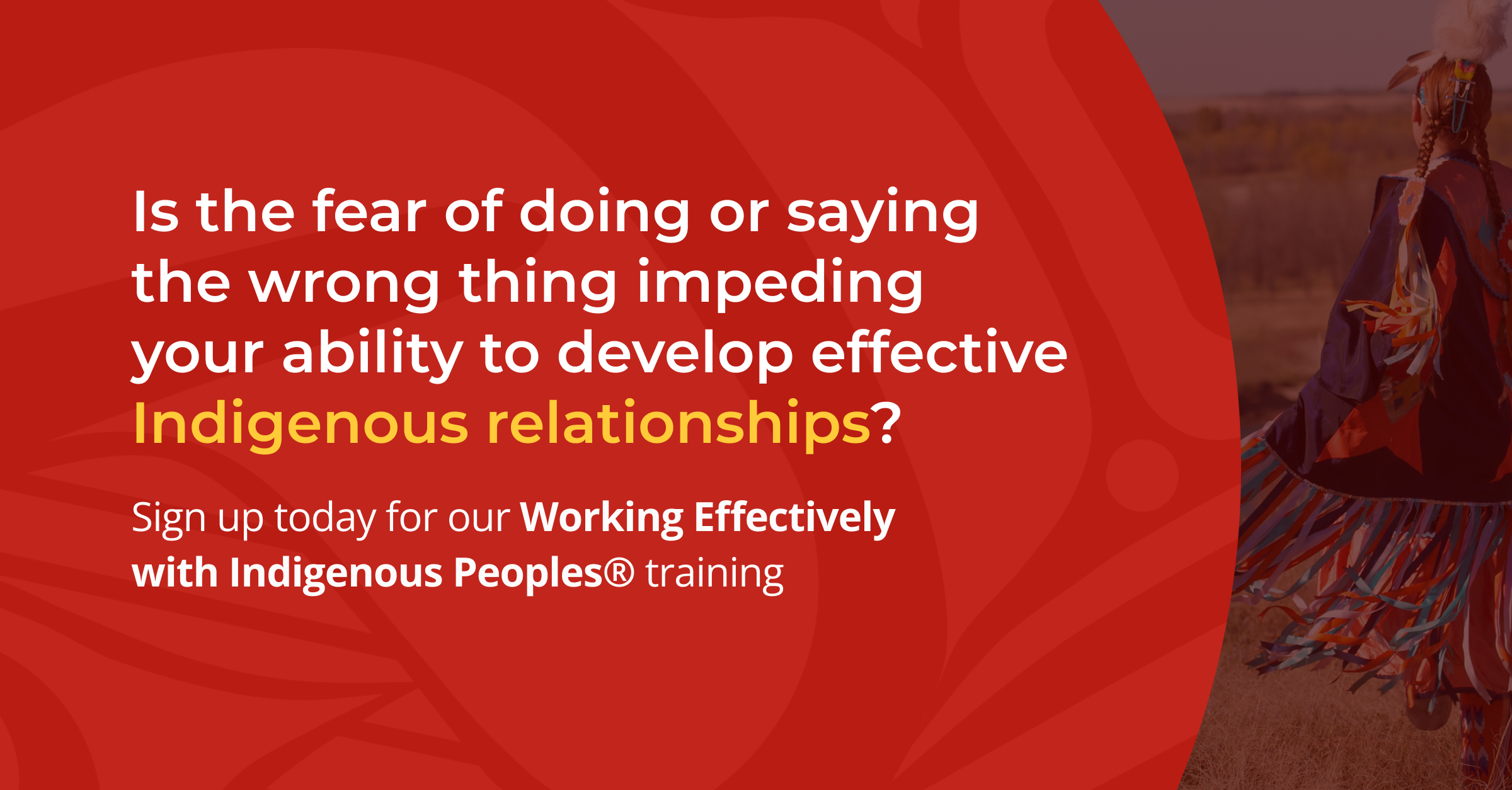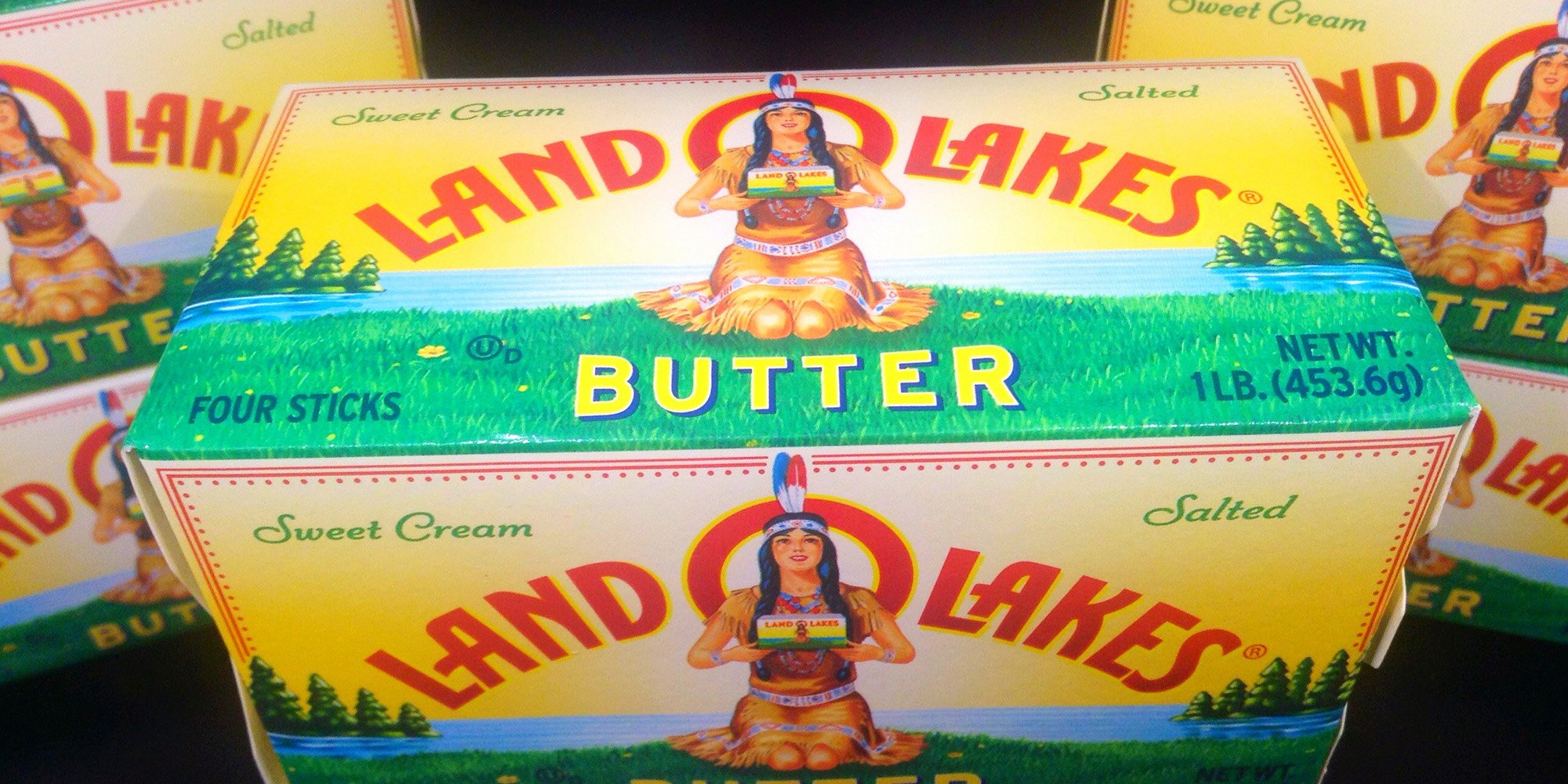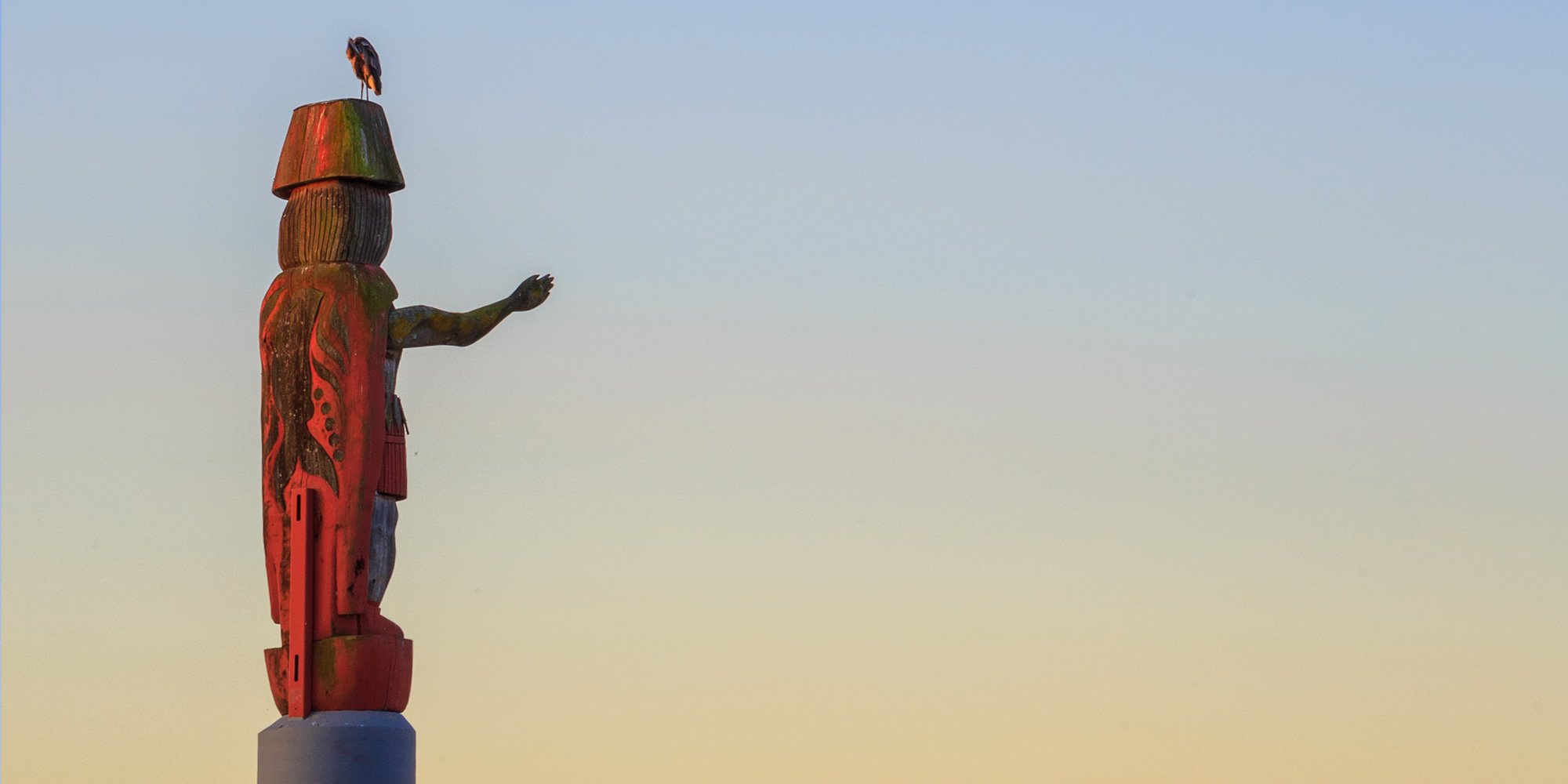9 Terms to Avoid in Communications with Indigenous Peoples
Language has the power to respect and honour, or, hurt and offend and that is particularly true when working across cultures. Within that frame of...

Since the Truth and Reconciliation Commission of Canada released its report and 94 Calls to Action, we have seen significant progress for Canada and Canadians on the path to reconciliation. The signs are all around and we are hopeful we are indeed moving the needle on reconciliation.
It was a surprise to see the usage of colloquialisms in headlines regarding the Annual General Meeting of the Association of First Nations (AFN) in July 2022. A headline beneath a picture of AFN National Chief RoseAnn Archibald read: “Chiefs’ ‘squabble’ over leadership diverts AFNs focus from real issues: youth leader.” The choice of using and emphasizing the word 'Squabble', directly under the image of a female Indigenous leader was interpreted by many to be a reference to the term 'Squaw. This is an ethnic, racial, and sexist slur for Indigenous women. Cultural sensitivity would dictate that a different word of the same meaning should certainly have been used in this story.
The other headline that caught our attention was on the ticker at the foot of the news program being watched: “‘Burying the hatchet’: First Nations chiefs reject suspension of AFN national chief.” Using this term trivializes the ancient peace-making ceremony in which two fighting nations symbolically buried or cached their weapons of war.
We all have the power and the capacity to impact society's beliefs, attitudes and behaviours. Such power reminds us of the ancient adage popularized in the Spider-Man movie in 2002: “with great power comes great responsibility.”
Geronimo (1829-1909), an Apache leader and shaman, famously resisted attempts by the U.S. military to relocate him and his people from their traditional lands and onto reservations. He was the last Native American leader to surrender (September 4, 1886) formally.
It’s not just car manufacturers and sports franchises that freely adopt the names of Native American tribes, chiefs and artifacts - the U.S. military also has a long history of doing so, particularly using “Geronimo.” American paratroopers, in WWII, used it as they leapt from the aircraft. The movie “Airplane!” does a great spoof on the tradition.
Although long resigned to the practice of their culture being co-opted for marketing, the usage of “Geronimo” in the U.S. military actions surrounding the final events of Osama Bin Laden drew the ire of Native Americans. There is disagreement around which aspect of the raid on Bin Laden’s compound “Geronimo” is attached, but for many Native Americans, linking Geronimo’s name to this event was reflected on very poorly.
In both the U.S. and Canada, bounties were offered for scalps as proof of the death of an Indigenous person. In Nova Scotia, there is still a 1756 proclamation (now inoperative) on the books offering a bounty for Mi'kmaw scalps. Actions are underway to have the proclamation removed.
And, we do hereby promise, by and with the consent of His Majesty’s Council, a reward of 30 pounds for every live male Indian prisoner, above the age of sixteen years, brought in alive; or for a scalp of such male Indian twenty-five pounds, and twenty-five pounds for every Indian woman or child brought in alive: Such rewards to be paid by the Officer commanding at any of His Majesty’s Forts in this Province, immediately upon receiving the Prisoners or Scalps above mentioned, according to the intent and meaning of this Proclamation.
The Fathers of Confederation, including our first prime minister John A. Macdonald, referred to Indigenous Peoples as “savages” in official documents. Indigenous Peoples were not legally acknowledged as people until a 1951 revision of the Indian Act.
This term was used as a literal description when Indigenous Peoples rebelled against any of the many offending rules imposed on them during the resettling of Canada.
Words matter, and as we’ve shown, some have painful histories, so when interacting with Indigenous Peoples, it’s always good to leave colloquialisms out of your conversation.
If you want to ensure your conversations and communications are free from colloquialisms, consider reading our blog posts:
Featured photo: Pexels


Language has the power to respect and honour, or, hurt and offend and that is particularly true when working across cultures. Within that frame of...

Following every training session we ask learners if they would kindly take the time to fill in a survey about the training. We find these surveys...

Indigenous vs. Aboriginal - what does it mean for business? We received this timely question from an onsite client and newsletter subscriber: The...